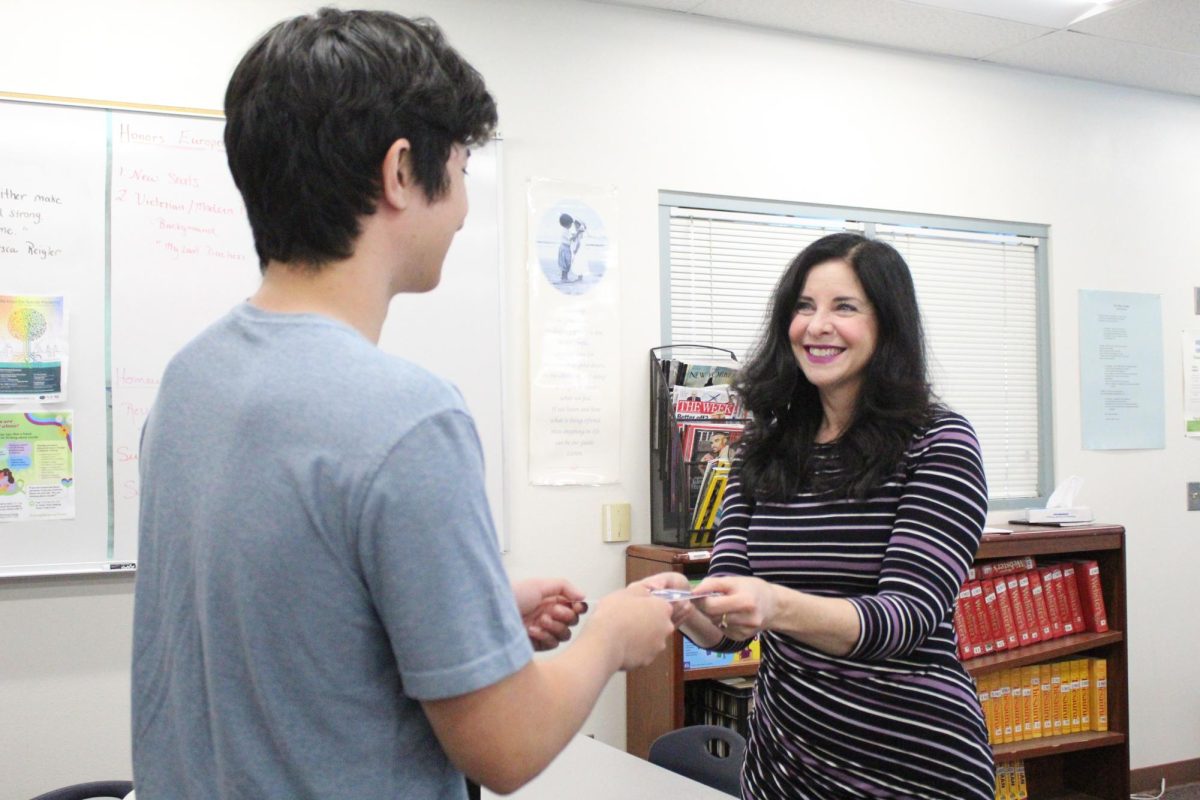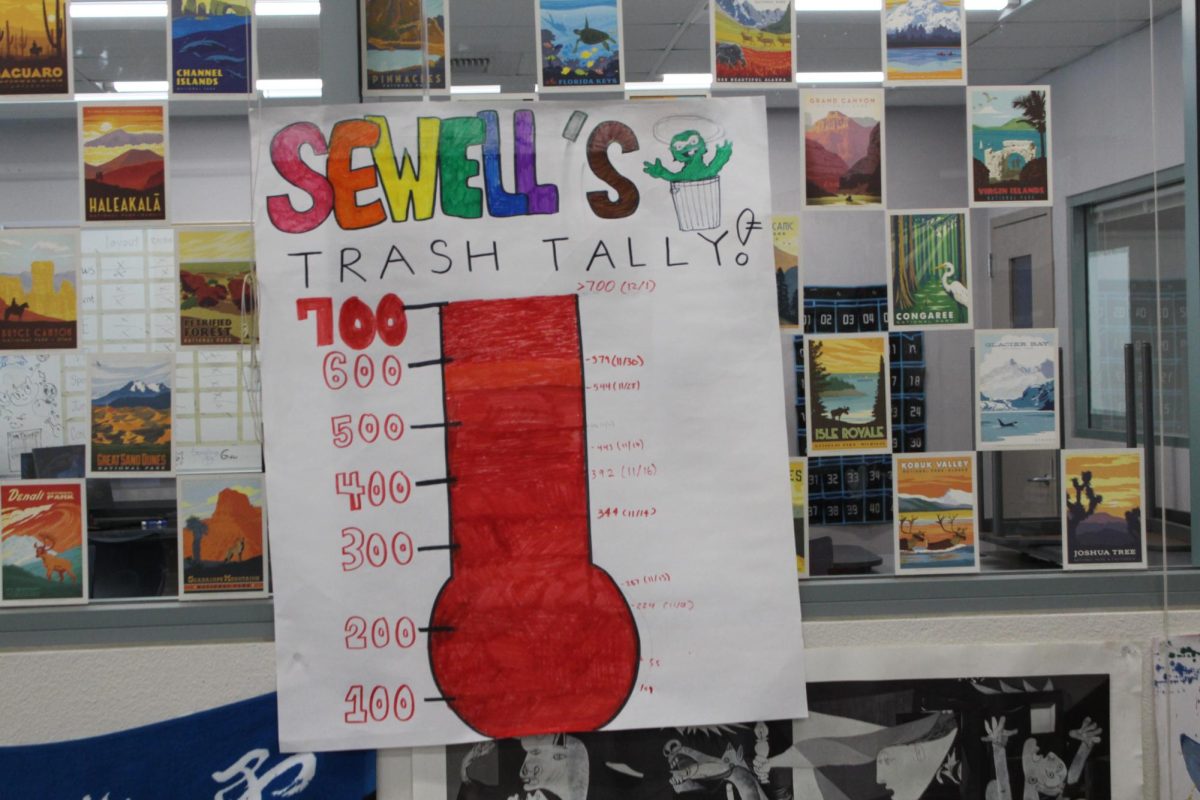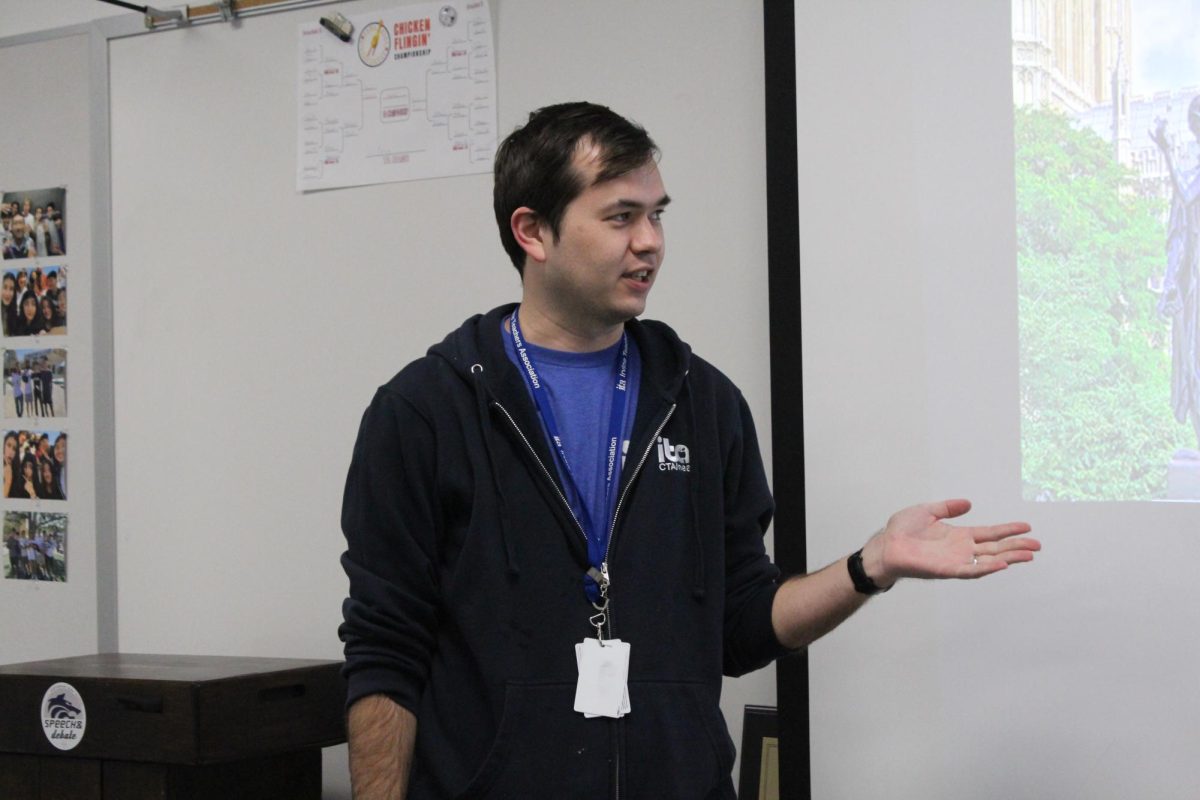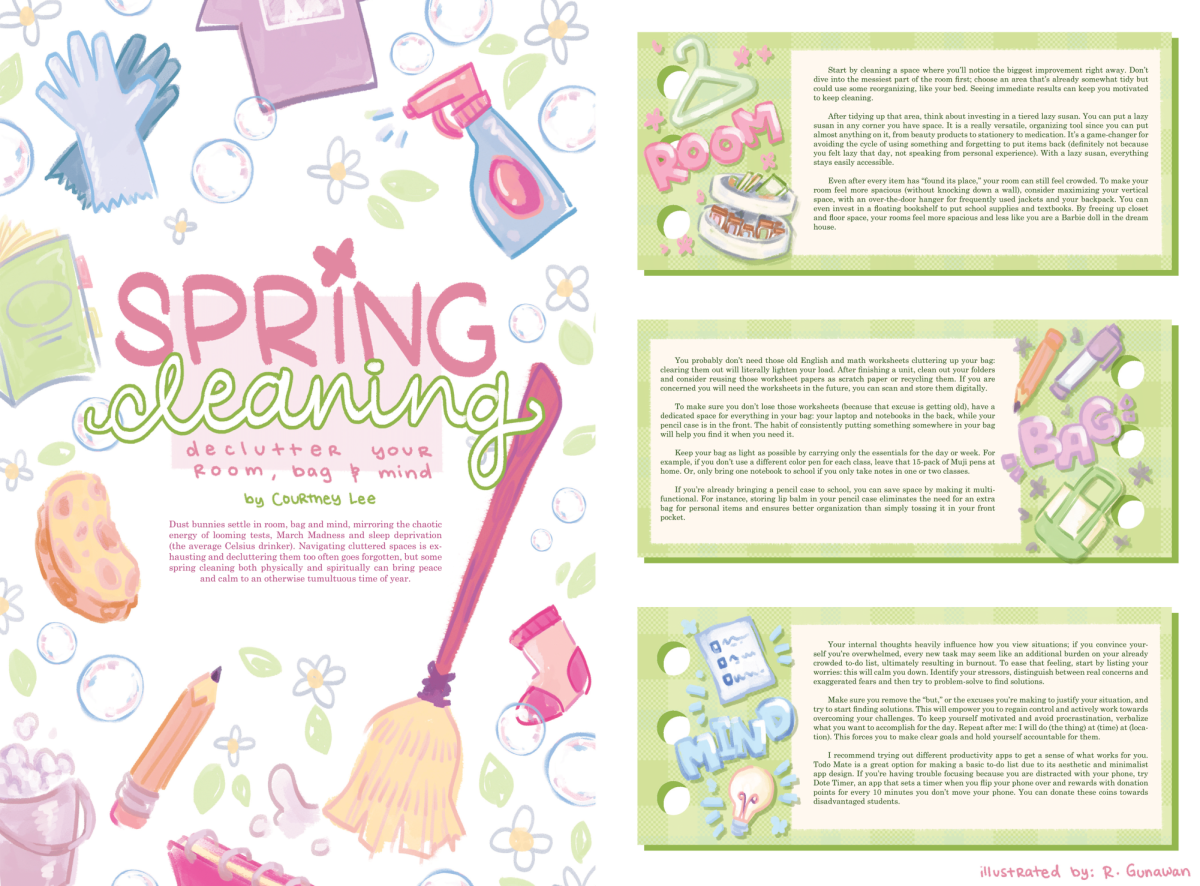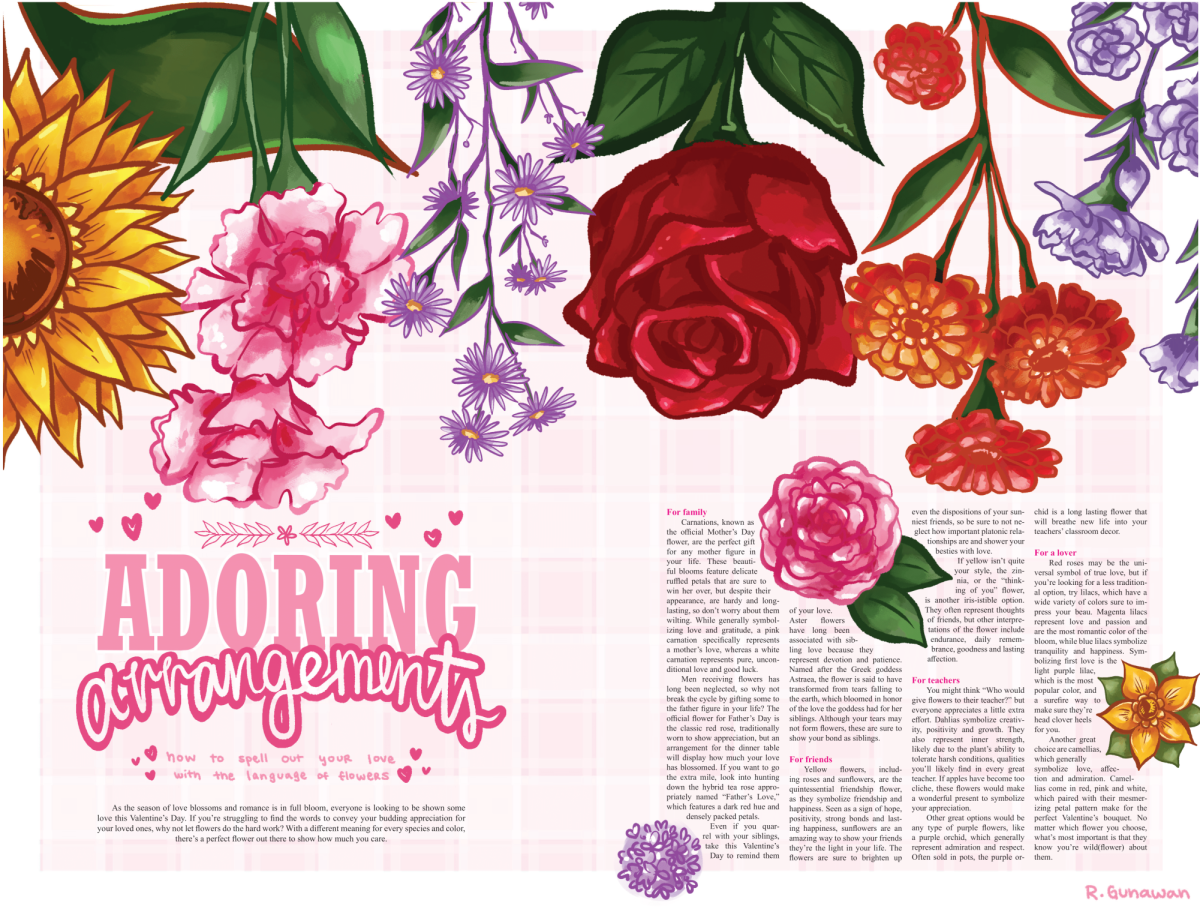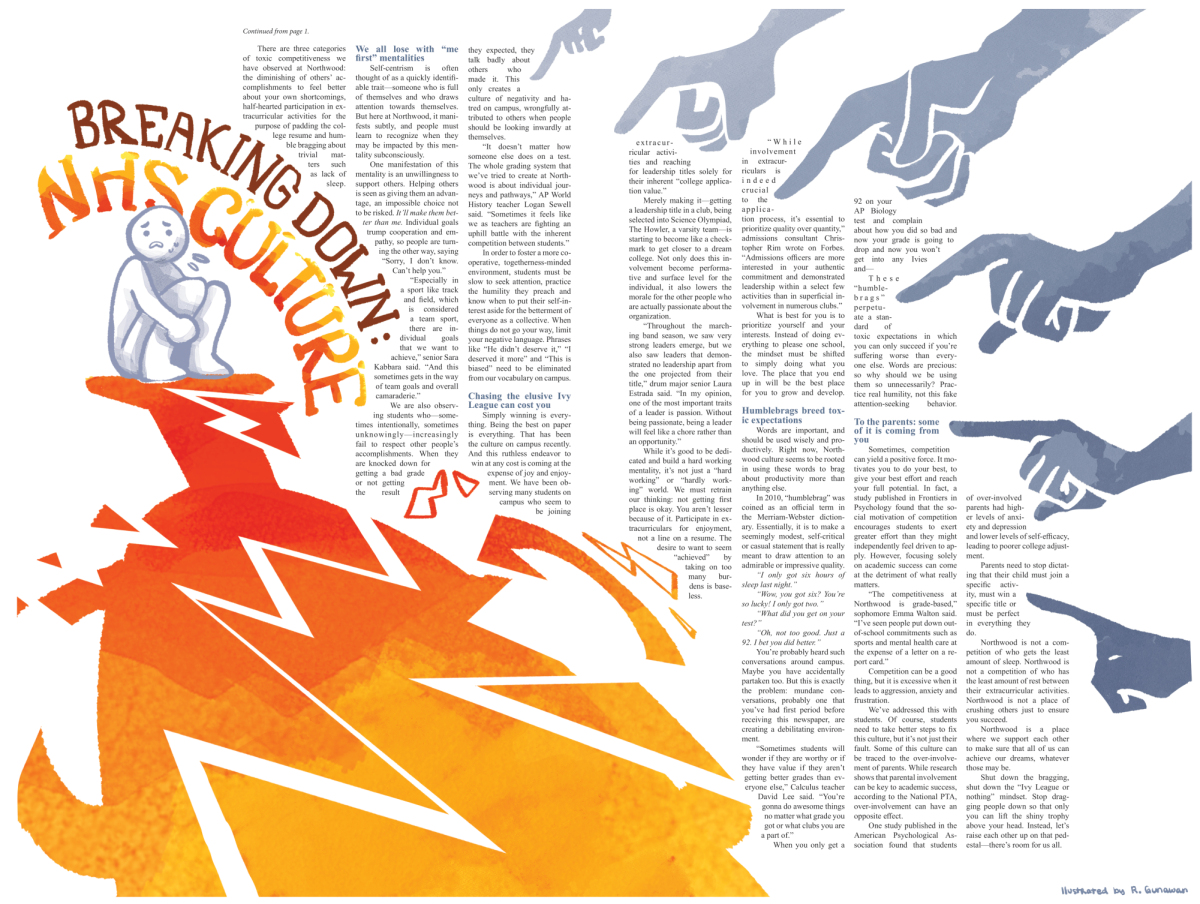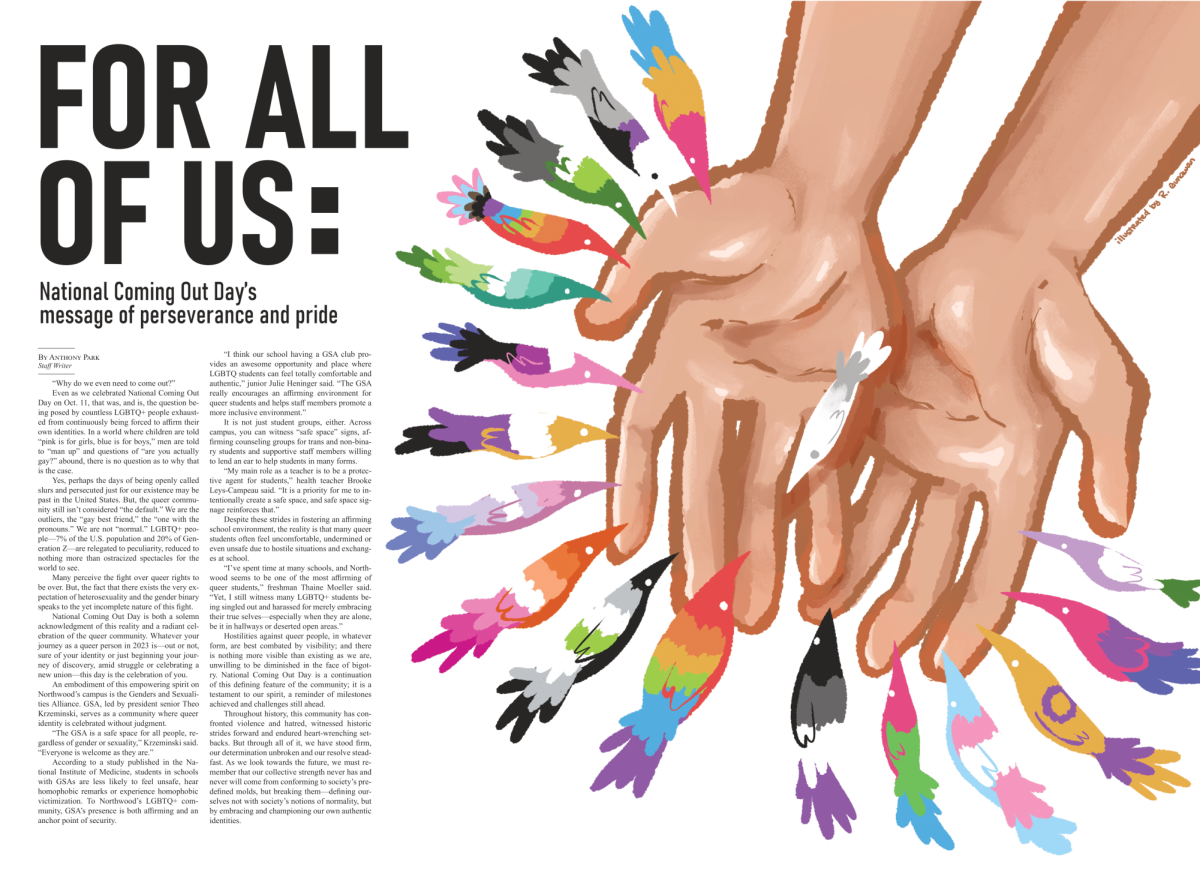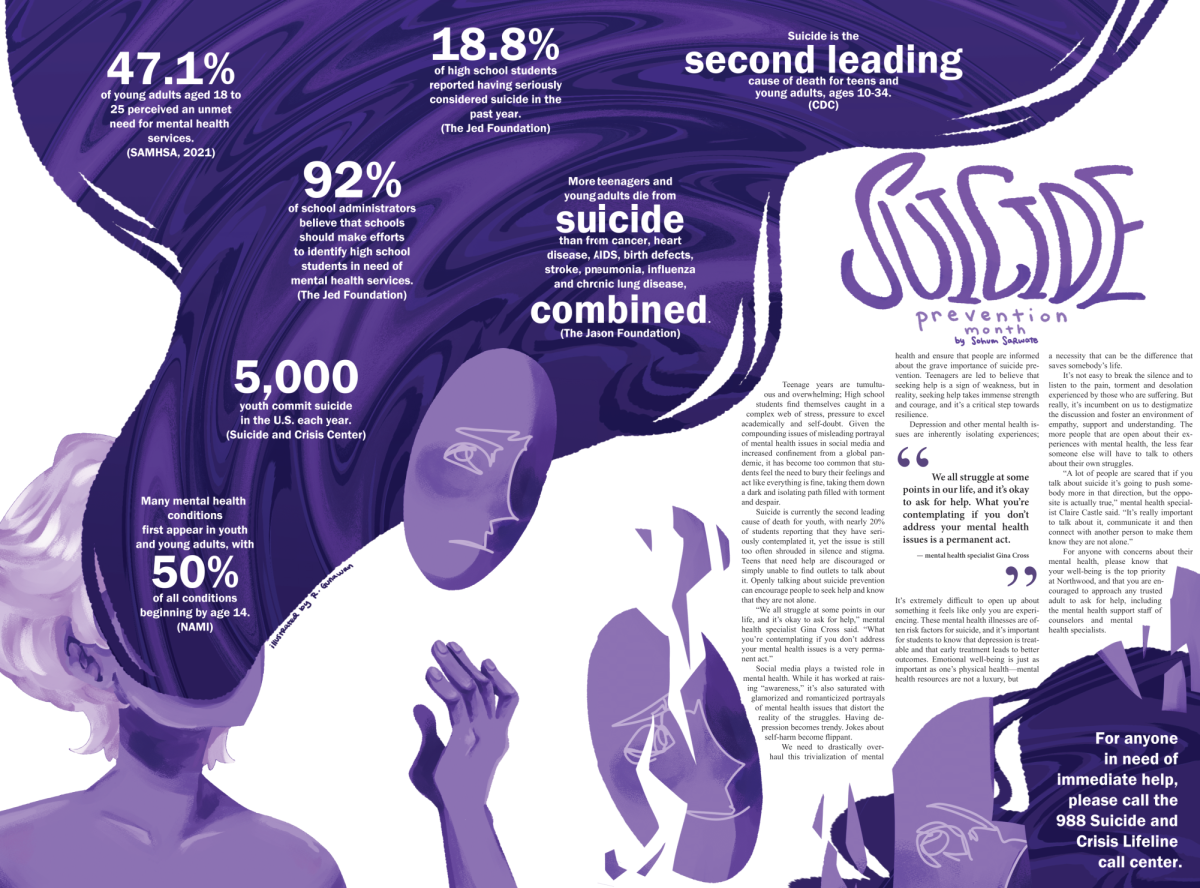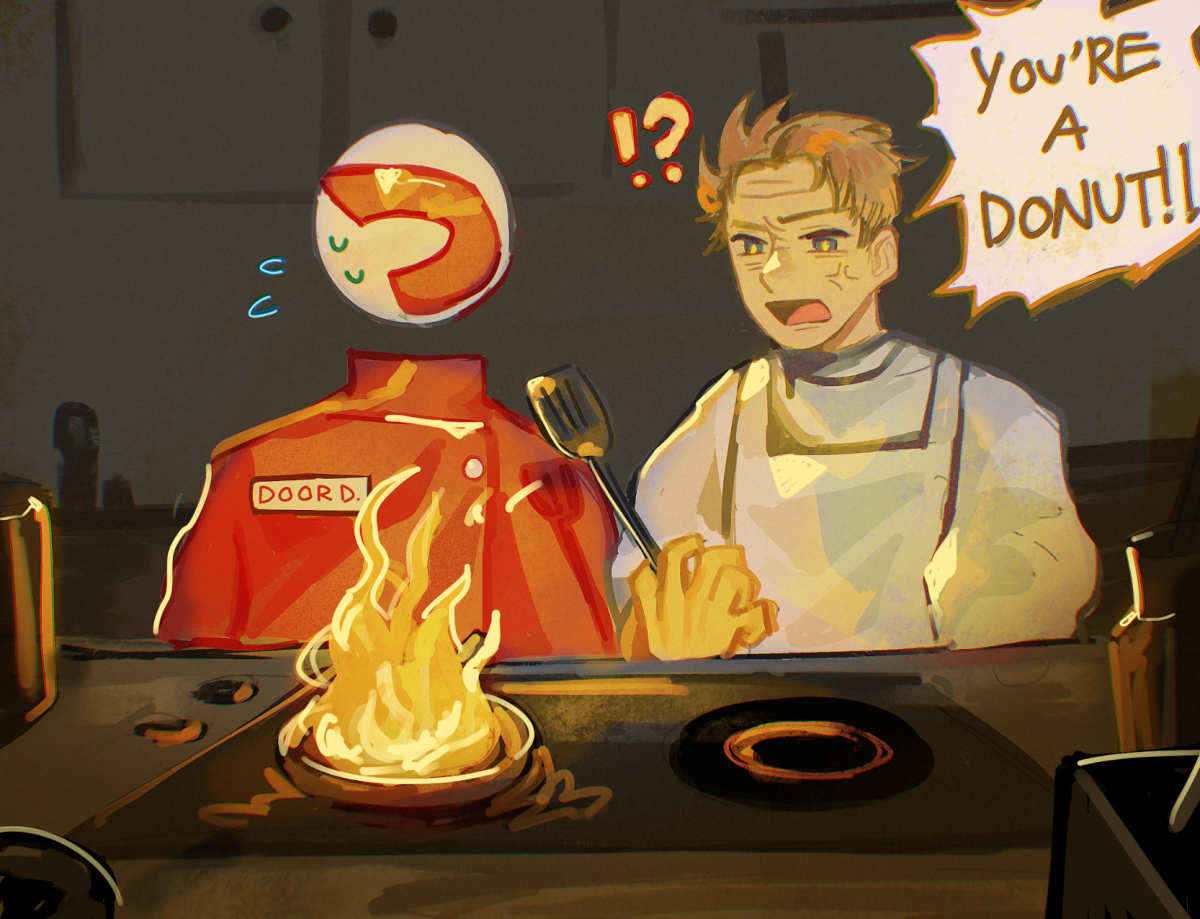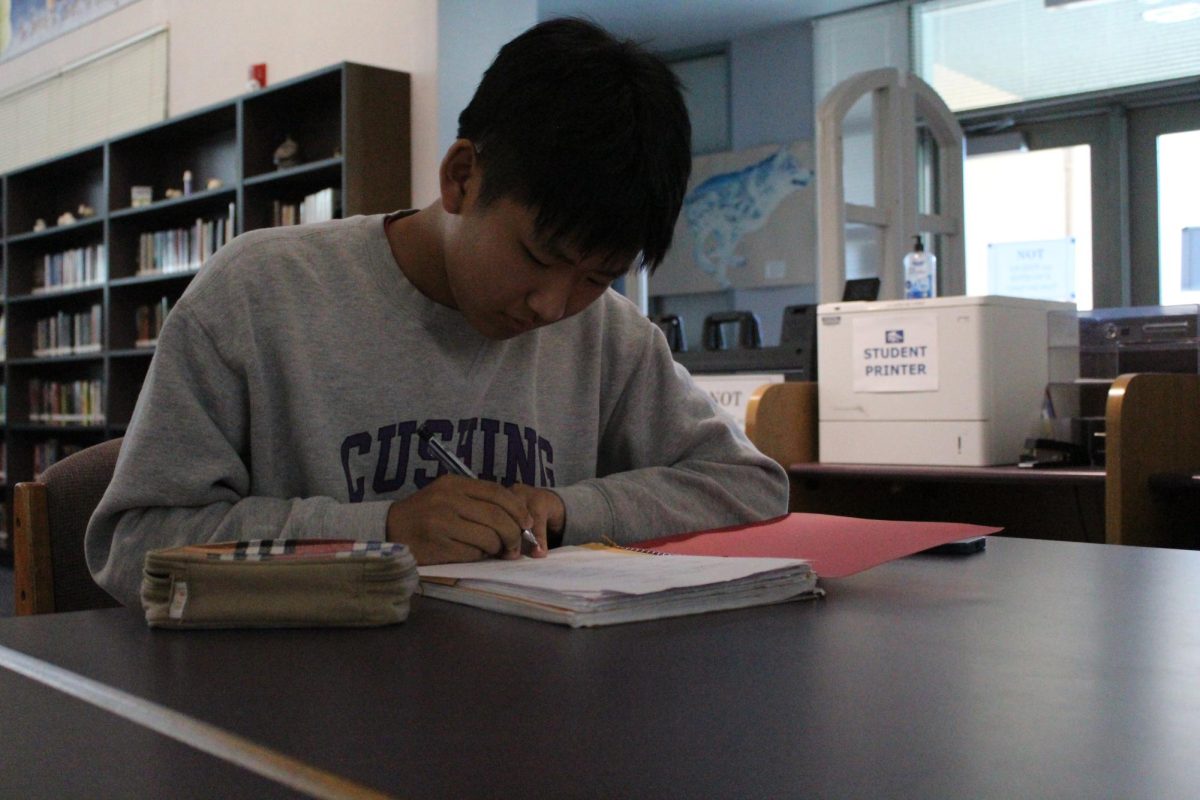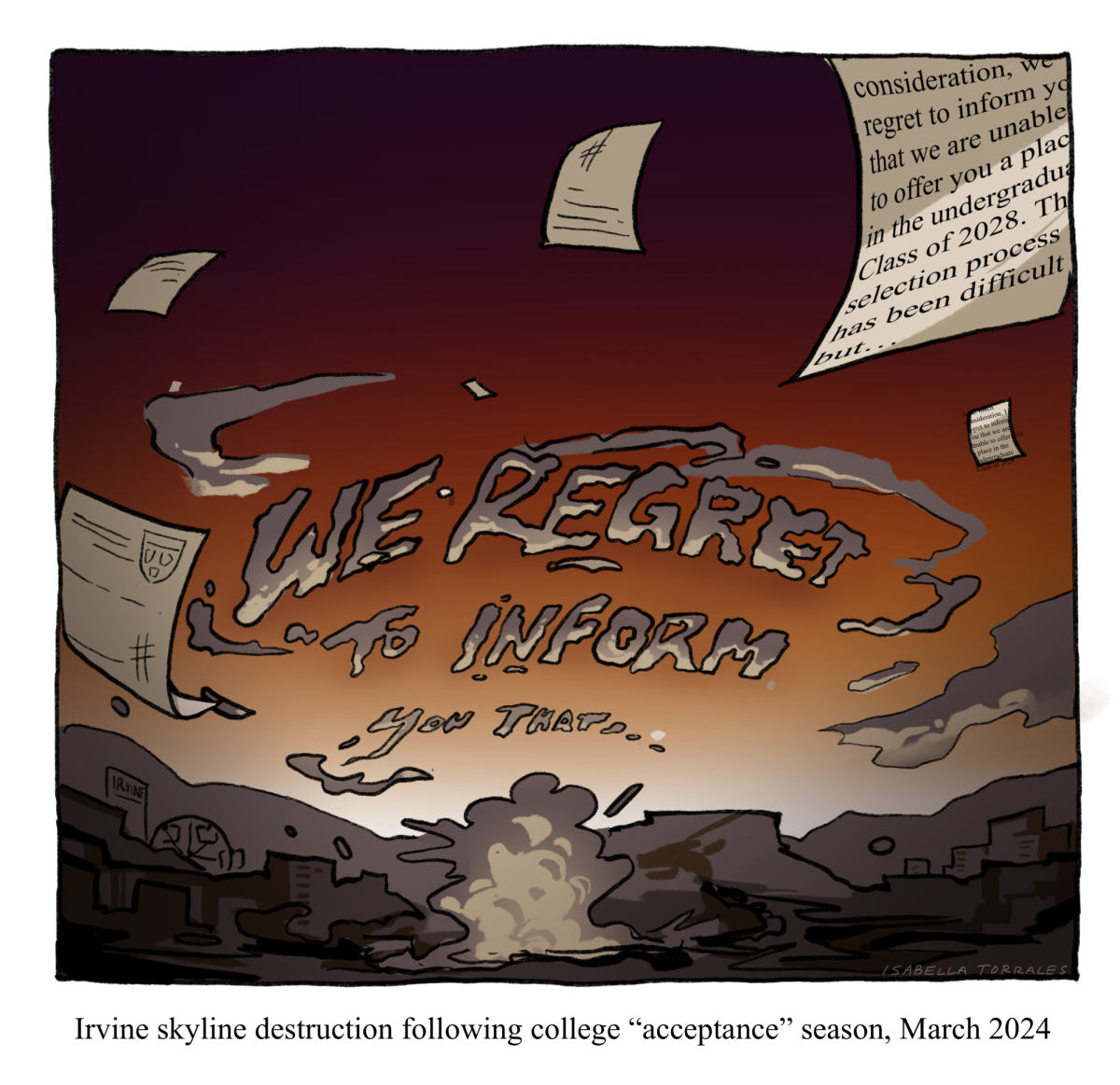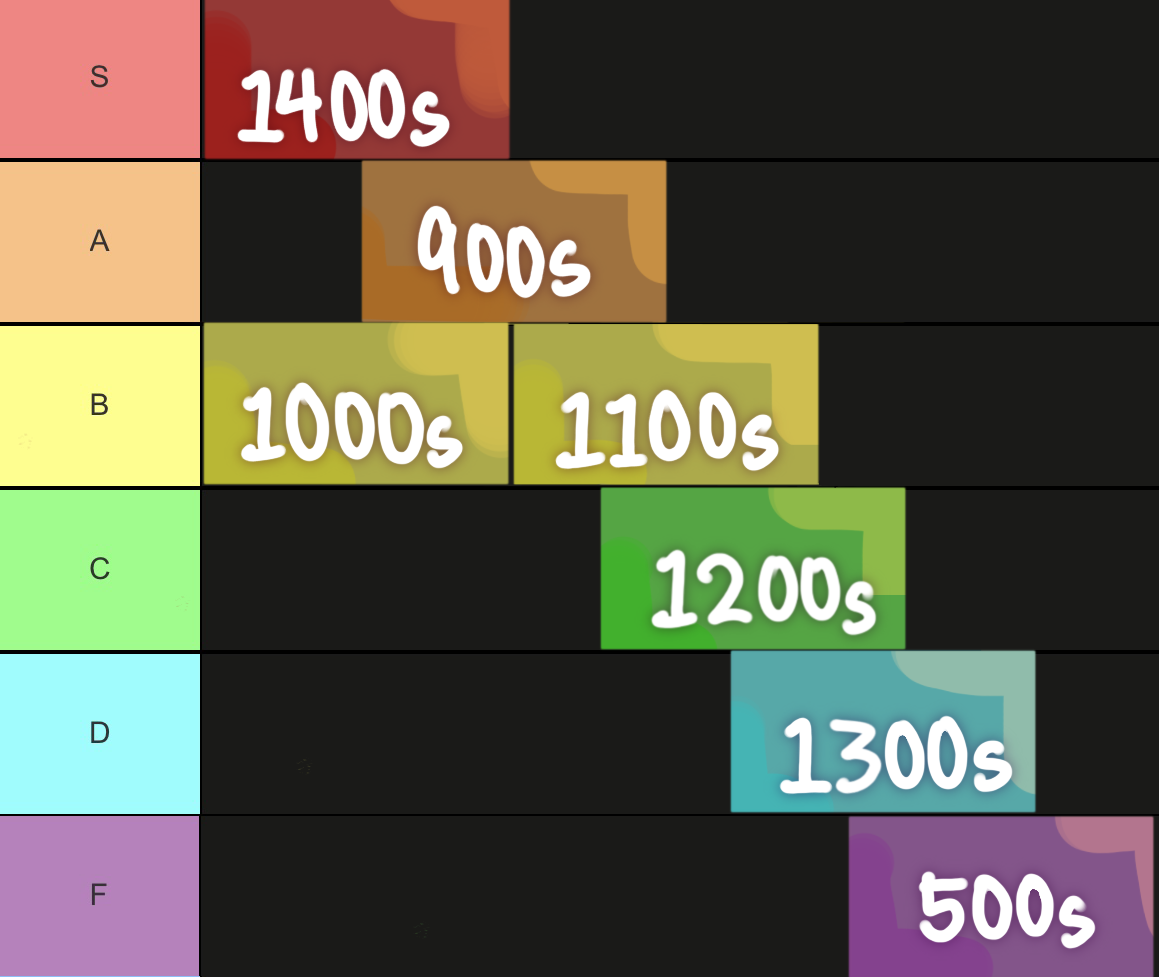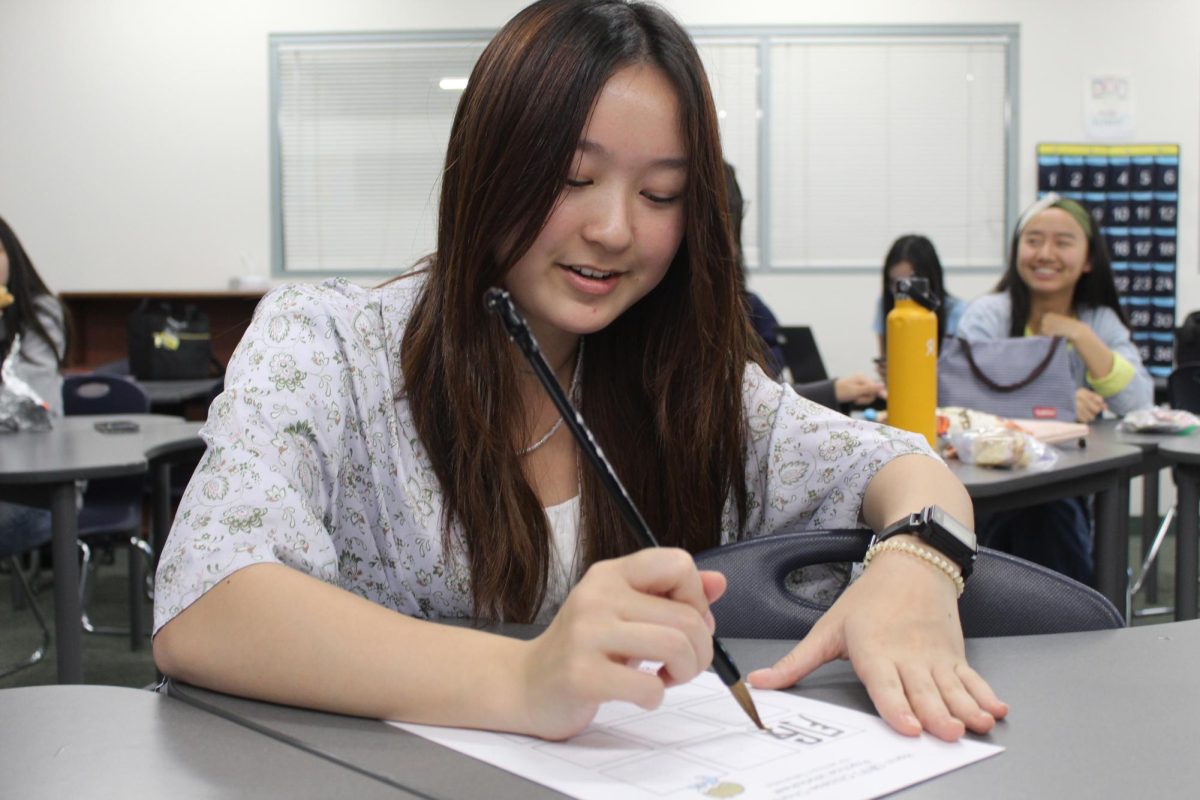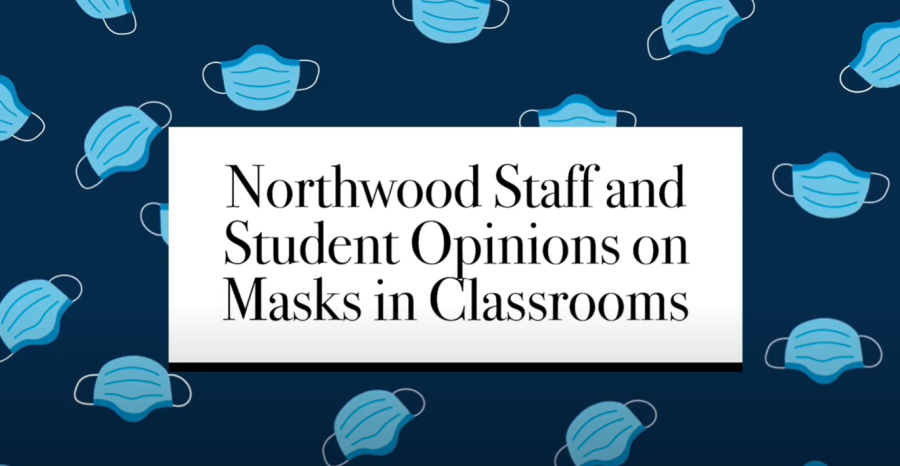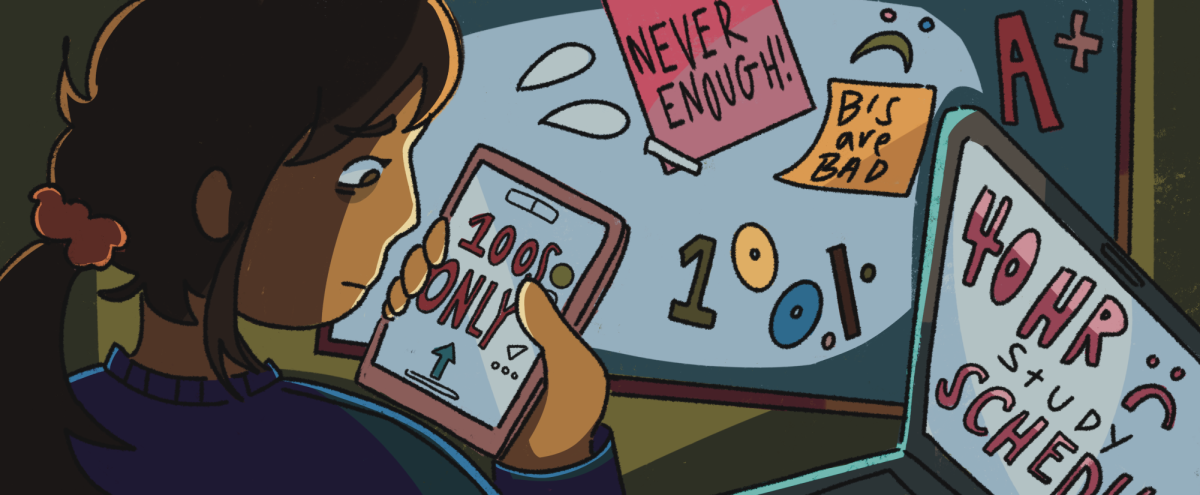“Good enough” is never good enough. Anything less than perfect is unacceptable. Vulnerability is a sign of weakness. Procrastination is driven by laziness and incompetence. If you experience happiness or joy, do you even have goals? You should feel ashamed.
In this fast-paced, anxious world where toxic perfectionism, masked as motivation and discipline, ravages the media, these voices echo through too many of our heads.
“Perfectionism is the belief that if we do things perfectly and look perfect, we can minimize or avoid the pain of blame, judgment and shame,” researcher and storyteller Brené Brown said in her novel “Daring Greatly.”
From skin-smoothing filters to “motivational” #studygram and #studytok content featuring straight A’s, aesthetic coffee cups and stacks of textbooks, social media platforms have allowed this avoidance of blame, judgment and shame to flourish.
According to the U.S. Surgeon General’s Social Media and Youth Men-tal Health advi-so-ry, roughly 95% of all teenagers ages 13 to 17 use social media. Constant exposure to trends that promote extreme productivity and unrealistic standards at the expense of decent well-being is especially concerning as those who engage in social comparison often suffer from constant worries about how they are being judged by others. Many are also raised to believe those who work hard will reap the benefits of their efforts in the form of tangible achievements and titles.
However, practice is about self-improvement, and perfectionism is not. Unlike healthy striving, perfectionism is others-focused and centers around the failure to meet unrealistic expectations imposed on individuals by themselves or those around them, even though setbacks and failures are both inevitable and necessary for individuals to reflect on and grow from their experiences
Thus, pressures from peers and parents to focus solely on achievement and avoid such challenges can negatively affect feelings of self-worth.
Those who experience low self-worth are vulnerable to experiencing isolation and hopelessness. In response, some seek validation and short-term gratification by working hard and boasting to please others, which diminishes their ability to empathize with others, maintain meaningful relationships, express creativity and remain resilient when faced with challenges.
The vicious cycle continues because perfectionism is addictive. Those who feel powerless or helpless as a result of perfectionism and shame lose their ability to take risks, find courage and support those around them. In the race to simultaneously fit in and stand out, authenticity is left behind and comparison culture is amplified, causing dysfunctional peer-to-peer and student-parent relationships, further perpetuating toxic perfectionism and neglecting individual interests, strengths and areas for growth.
It is important to remember that those who contribute to this crisis are likely struggling with themselves because unfortunately, many individuals respond to frustrations about situations that are outside of their control with unhealthy perfectionism and others-focused judgment. Thus, students, parents and educators must collectively work to support one another and ensure that everyone feels valued for who they are.
Success is too often defined by a letter in the gradebook or a line on a resume. By prioritizing progress over perfection and accepting mistakes as opportunities for personal growth, individuals will be better equipped to cultivate connections, express gratitude and find meaning in their lives.




